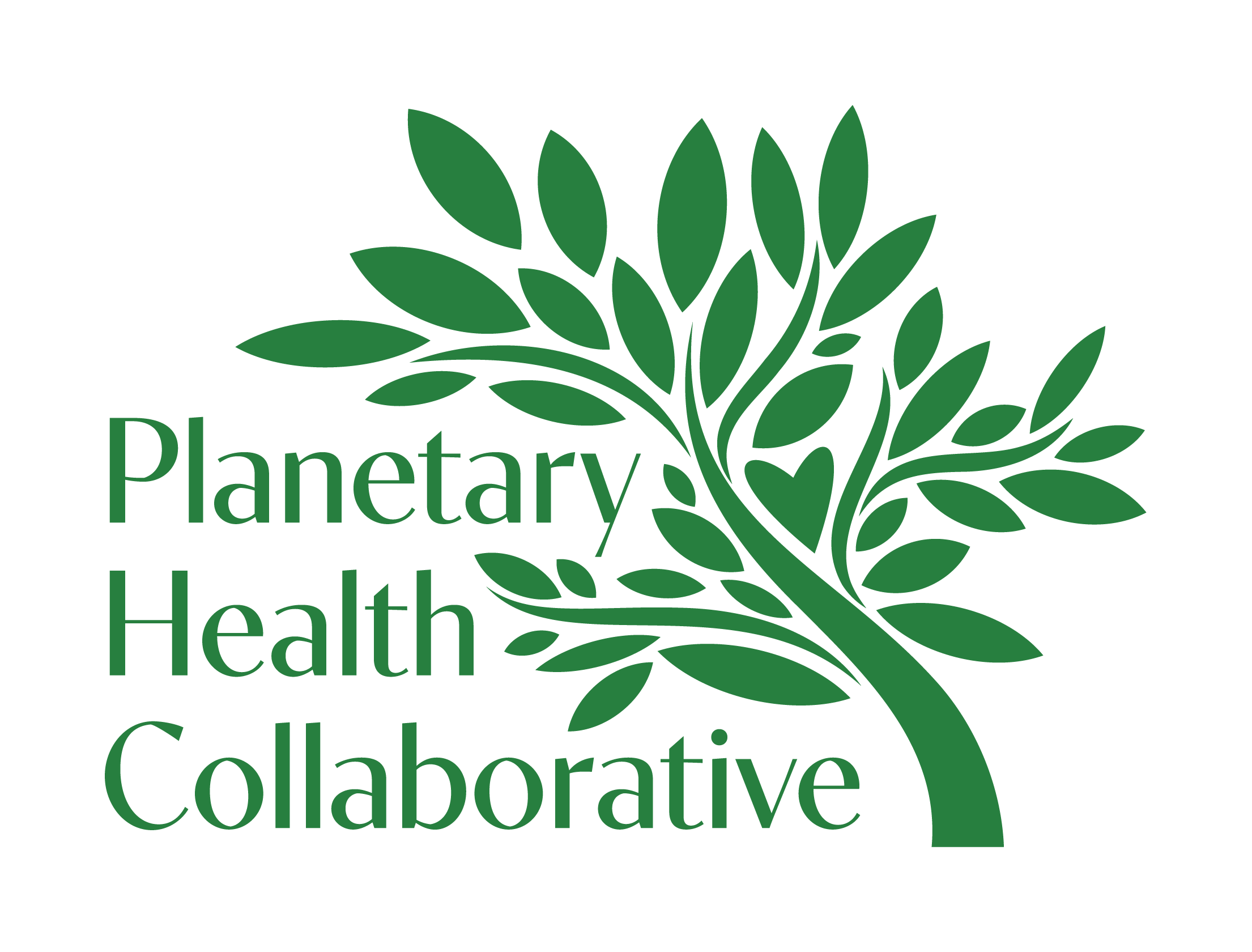Written by Distinguished Professor Tracy Levett-Jones
In April 2023 seven scholars with a shared interest in healthcare sustainability and climate change met to explore possibilities for collaboration. From this initial meeting the Planetary Health for Nursing & Midwifery Research & Education Collaborative was conceived. Through word of mouth, interest quickly grew and within 12 months more than 30 academics from ten universities had joined the Collaborative. Members include early, mid-career and experienced researchers as well as doctoral students. Our network of collaborators continues to grow as we connect with like-minded academics and clinicians both in Australia and internationally.
Our shared sense of purpose and urgency has driven our collective agenda. We recognise the deep interconnections between nature and human health and are committed to creating a healthier and more equitable world for current and future generations. Through our research, education and advocacy, we are seeking to catalyse transformative change that safeguards the health of the planet, now and into the future.
To enhance the capacity of nurses and midwives to respond to climate change effectively, we realised that there is urgent need to integrate planetary health into educational programs. To address this, we have undertaken a series of educational studies to identify the extent to which curricula integration is currently occurring, to explore ‘students and educators’ views, and to examine strategies to empower students to take action. We soon realised that one of the key barriers to curricula integration was the absence of consensus on essential planetary health knowledge and skills. By undertaking a Delphi study, we developed a coherent framework of knowledge and skill statements that can be used to help develop more environmentally conscious and socially responsible nurses and midwives.
It also became apparent to us that, despite a growing number of nurses and midwives implementing planetary health innovations well ahead of the curb, only a select few are sharing their trailblazing work. This is problematic, especially for future nurses, as ‘you cannot be what you cannot see’. To address this, we interviewed eight nurses who are championing sustainability initiatives and ten nurses and midwives involved in responding to extreme weather events. From these interviews we created a series of case studies that can be used to inspire and educate current and future generations of nurses and midwives.
In addition to educationally-focused research, we are engaged in a number of clinical studies and reviews exploring topics areas such as primary healthcare nurses’ preparedness for climate-induced extreme weather events, climate change adaptations to protect maternal and child health, clinical processes that mitigate environmental damage, and health system adaptation to extreme weather events.
Some of our publications and other projects can be found here but there is much more work yet to be done. While nurses and midwives have tended to underestimate the significance of environmental issues, and the links between health, social justice, and the natural world, we are in a new era where our unique perspectives are needed to inform interdisciplinary agendas and to create solutions to address climate justice issues.
The Planetary Health Collaborative aims to contribute to other emergent perspectives and form part of a growing understanding of the critical need for education and research that improves planetary health and addresses the catastrophic environmental disruptions that are a critical threat to human flourishing.
